The shortage of trained teachers and persistent social stigma continue to hinder the full implementation of inclusive education in Rwanda, advocates for people with disabilities have said.
Despite efforts by the Rwanda Education Board (REB), which reports that 49% of teachers have received training in inclusive education, experts say there are still significant gaps, particularly for students with sensory impairments and mobility challenges.
François Xavier Karangwa, Executive Director of the Umbrella of Organisations of Persons with Disabilities in the Fight against HIV & AIDS and for Health Promotion (UPHLS), emphasized the urgent need for more specialized teachers.
“There is a critical shortage of teachers trained in Braille, Rwandan Sign Language (RSL), and mobility orientation for students who are deaf and blind. Many of these children struggle to access education due to the lack of adequate support,” Karangwa said.
Infrastructure and Social Barriers
Advocates also highlight the inadequate infrastructure in many schools, which makes learning difficult for students with disabilities. Honorine Tuyishimire, Executive Director of the Rwanda Union of Little People, pointed out that high desks make it uncomfortable for students with dwarfism to sit and learn effectively.
“There needs to be consideration for children with different physical needs. Desks and facilities should not be one-size-fits-all,” she urged.
Beyond physical barriers, social exclusion remains a challenge. Some students with disabilities face discrimination from peers, affecting their confidence and participation in school activities.
Jacques Mugisha, a visually impaired student, noted that while schools integrate students with disabilities, they often fail to provide the necessary materials and support systems.
“In many cases, students with disabilities have to travel long distances to access schools that can accommodate them, making education even more difficult,” Mugisha said.
Government Response and Progress
Mary Kobusingye, Special Needs and Inclusive Education Specialist at the Ministry of Education, acknowledged these challenges but stressed that teacher training remains a priority.
“Since 2017, the number of teachers trained in special needs and inclusive education has increased from 2,862 to 14,675 in 2023,” she stated.
Kobusingye also noted that the number of schools with adapted infrastructure for learners with disabilities has grown from 764 in 2017 to 3,392 in 2023.
However, she emphasized the need to ensure that these facilities are fully utilized. “It’s not just about having accessible infrastructure but making sure it serves its intended purpose. We conduct inspections to ensure proper use,” she said.
Despite some progress, advocates insist that more investment is needed to close the gaps and ensure inclusive education benefits all students.


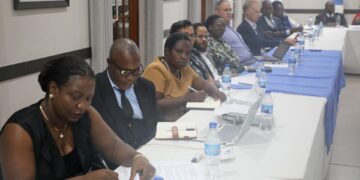
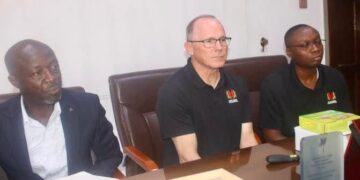


























































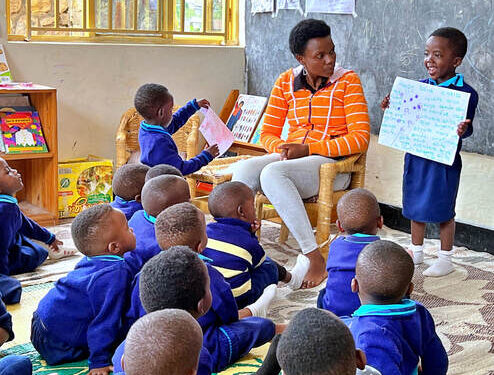




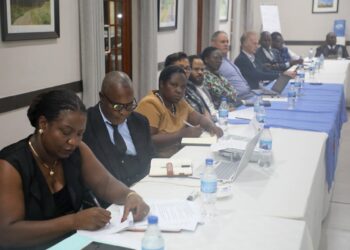
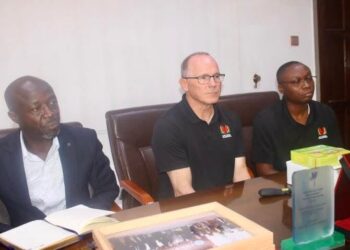
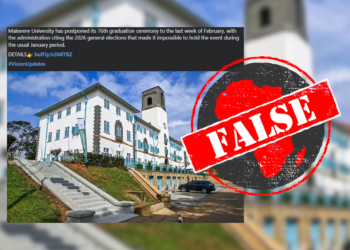

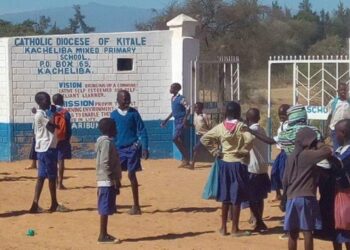










 EduTimes Africa, a product of Education Times Africa, is a magazine publication that aims to lend its support to close the yawning gap in Africa's educational development.
EduTimes Africa, a product of Education Times Africa, is a magazine publication that aims to lend its support to close the yawning gap in Africa's educational development.